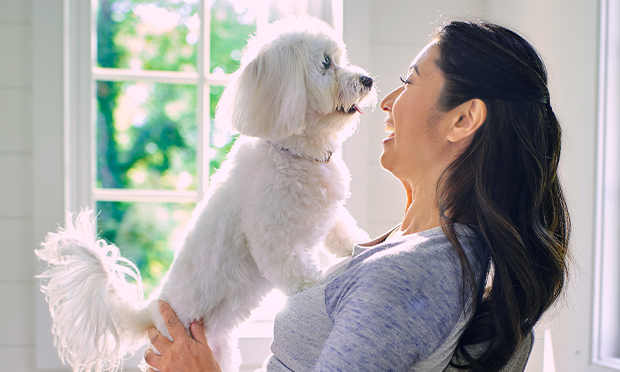Fledgling season begins, experts warn against intervention
See any disoriented birds? It might be best to ignore them
Phoebe is one of four baby crows at The Rock Wildlife Rescue animal rehabilitation centre in Torbay, N.L.
With the arrival of fledgling season, animal rescue organizations often find themselves inundated with calls about odd-looking birds stumbling around on the ground as though drunk. Most wild birds experience an awkward fledgling stage. During this crucial period, they venture out of the nest and spend time on the ground honing essential survival skills such as flying and foraging. As fledglings can be as large as their parents, they are often mistaken for injured and disoriented adult birds.
In conversation with The Canadian Press, Michael Mesure of Ontario bird conservation charity FLAP Canada said, “Rehab centres become overrun with baby birds, to the point that they actually can’t help other injured birds. It’s a big problem. In fact, if someone does their legwork and calls a rehab facility, most of them will put them through a regiment of questions just to make sure they’re not dealing with a baby bird.”
Mesure warns against unnecessary intervention, as well-meaning attempts to assist fledglings can overwhelm wildlife rehabilitation centres and impede their ability to aid genuinely injured animals. While it may be tempting to intervene upon encountering a seemingly vulnerable fledgling, restraint is advised unless the bird is in imminent danger from predators or traffic. Even then, caution is paramount, as handling birds can provoke defensive reactions from both the fledglings and their protective parents.


